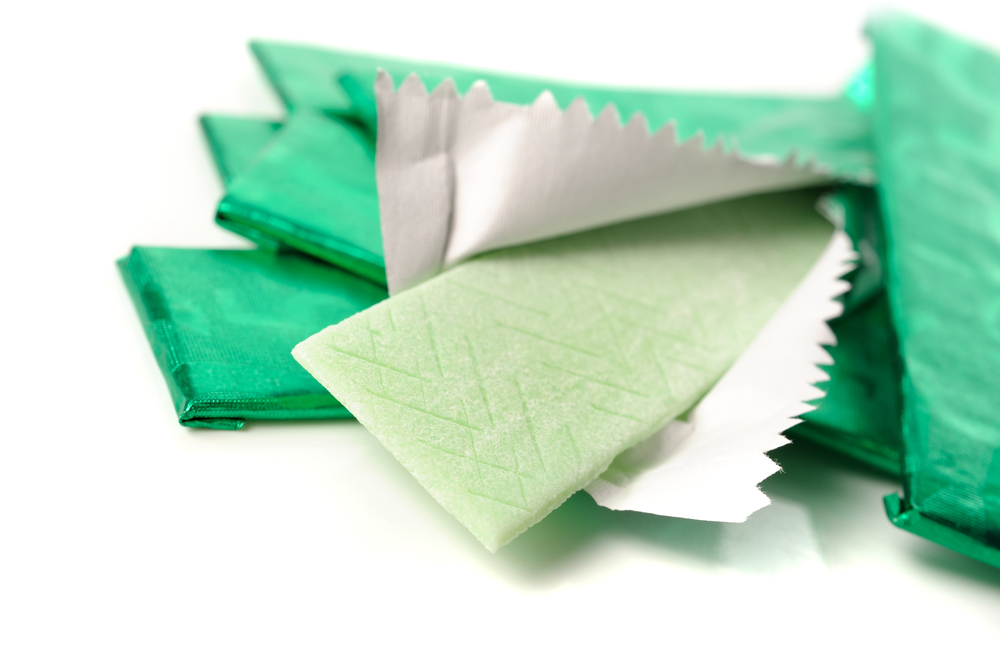
It’s no secret that as we age, many of our functions slow down. We can’t always move as quickly as we used to or go as far, and our bodies, including our healing times, change too. One specific area that changes as we age is our oral biome. We often lose teeth or experience dry mouth, and we may even become affected by illnesses such as periodontal disease.
Our oral health is tied closely with our overall health. Gum disease has been shown to contribute to serious and often fatal illnesses like heart disease, stroke, certain cancers, diabetes and even Alzheimer’s disease, making good oral health paramount for leading a healthy life at any age.
A new study recently aimed to help seniors restore some oral function to help with chewing and alleviate some of the discomfort of dry mouth.
Dry mouth is very common in seniors due to age but also due to medications that many seniors take. This can in turn cause discomfort, the increased risk of cavities and, for some, improperly fitting or adhering dentures.
The study was published in the journal Aging Clinical and Experimental Research, and followed 96 seniors over the age of 65 over an eight-week period. In the study, seniors were trained in exercises that helped improve mastication and swallowing, including using chewing gum and other oral exercises designed to stimulate the salivary glands.
What the researchers found was that over the eight-week period, seniors were able to improve their pain levels and increase both saliva production and swallowing function (27 percent). A control group was able to improve in these areas by 18 percent.
So, what can seniors do if they are not involved in a study to improve these areas? For starters, chewing sugarless gum to keep saliva production high and the mouth moisturized is a great step for those who do not have dentures or dental work that might prevent this. For those who chew gum and for others who cannot, drinking lots of water and using a moisturizing mouthwash may also help.
Remember, you don’t have to suffer needlessly from dry mouth. If you do experience this condition, speak to Dr. Mingus for solutions. He can be reached at 541-382-6576.

